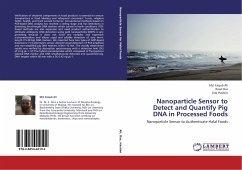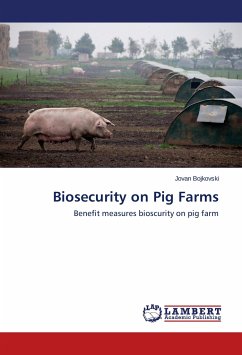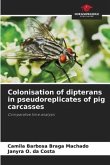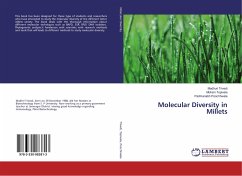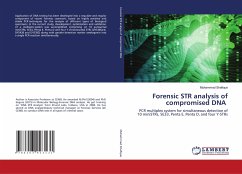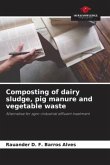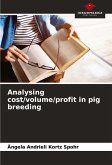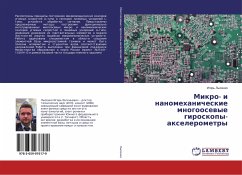Verification of declared components in food products is essential to ensure transparency in food labeling and safeguard consumers trusts, religious faiths, health, and hard earned fortunes. Conventional methods based on PCR-based DNA analysis has reached a ceiling stage and has limitations in detecting short-length DNA markers which survive in harsh conditions. PCR-based methods are also expensive and need product authentication to eliminate ambiguity. DNA detection using gold nanoparticles (GNPs) is very promising because it does not need any complex and expensive instrumentations and allows rapid and reliable detection of very short-length (15-30 bp) DNA markers. We reported here two types of GNP-based biosensors: (1) Colorimetric sensor allowed visual detection of PCR amplified and non-amplified pig DNA markers within 10 min. The visually determined results was verified by absorption spectroscopy with a detection limit (DL) of 4 ng µL-1. (2) The hybrid nanobioprobe which composed of fluorophore labeled DNA marker and GNP, simultaneously detected and quantified pig DNA targets within 60 min with a DL 0.42 ng µL-1.
Bitte wählen Sie Ihr Anliegen aus.
Rechnungen
Retourenschein anfordern
Bestellstatus
Storno

